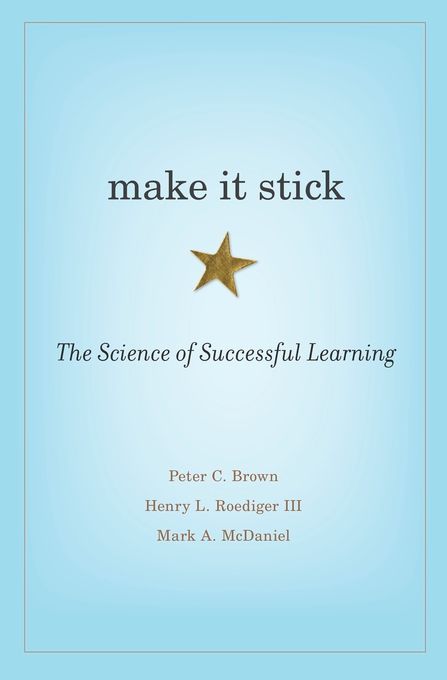Social-emotional learning (SEL) has become a pervasive part of school curricula, aiming to teach kids "self-awareness," "social awareness," "relationship skills," "self-management," and "responsible decision-making." In practice, this often involves teachers eliciting highly personal information from students, documenting it, and providing feedback.
Despite claims it improves behavior and achievement, many teachers report SEL induces emotional dysregulation in students. Lacking therapists' training and ethical boundaries, educators are ill-equipped to manage the fallout. Rather than boosting learning as promised, SEL disrupts it with psychological meddling of dubious benefit.
Section: 2, Chapter: 4
Across SEL curricula, a troubling theme emerges: encouraging students to question their parents' judgment and cast them as obstacles to their well-being. Lesson plans often present conflicts with parents (on issues like screen time or clothing choices) and invite classmates to weigh in on whether the parent or child is being more reasonable. Students are asked to evaluate their parents on metrics like emotional supportiveness and time spent together.
Some programs go further, explicitly coaching students to monitor their home lives and report back concerns to teachers. The implication is that school staff are the real experts on a child's best interests, and parental authority is something to be challenged.
Section: 2, Chapter: 4
An elite NYC private school girl became a pariah after joking with friends over text about ill-advised Halloween costumes (like dictators or abstract concepts). Though her intent was benign teen humor, not genuine bigotry, classmates reported her to the administration for racism and anti-Semitism.
The incident epitomizes a broader trend. The same schools most aggressively teaching "social-emotional skills" like empathy are often cauldrons of vicious student-on-student cruelty. Researchers find over-emphasis on empathy counterintuitively fuels self-righteousness and merciless treatment of "offenders." In trying to create kinder campuses, progressive pedagogy has unleashed a new meanness instead.
Section: 2, Chapter: 8
- Remove the "spoons" - all the interventions making your kid miserable without even realizing it. Limit social media, over-scheduling, handwringing over grades and milestones.
- Detach from the feelings-centered feedback loop. Don't fret over their every mood. Respond to actual problems, not hypotheticals. Let them come to you.
- Recognize kids' natural antifragility. Tolerable stress and disappointment fuel growth, not damage. Stop treating them like hothouse flowers.
- Don't immediately pathologize your kid's quirks and struggles. Every deviation from the norm isn't a symptom. Give them space to be an individual.
- Question the "experts." Mental health professionals aren't infallible and may give awful advice. You know your child best - don't surrender authority to clinicians.
- (Re)introduce healthy risk and autonomy. Let them test their capabilities. Failure won't kill them - it's instructive. Rescuing them from every scrape erodes their plasticity.
- Foster deep family and community bonds. The "therapeutic alliance" is a weak substitute for lifelong connections. Resist narratives that relatioships are disposable.
Section: 3, Chapter: 12
The "adverse childhood experiences" or ACEs concept has become ubiquitous in education. It claims that kids exposed to various stressors (abuse, neglect, parental mental illness, etc.) are primed for a host of poor life outcomes from disease to delinquency.
But the original ACEs study was never intended as a screening tool for individuals. Misapplied, it massively overpredicts trauma prevalence and impact. Researchers conflate correlation and causation, retrospectively linking adult woes to childhood events. Genetics, temperament, and environment all influence whether difficulties derail or strengthen a child. Kids deserve high expectations and opportunities to prove their resilience, not preemptive pigeonholing as "damaged goods."
Section: 2, Chapter: 6
A growing number of students now have a dedicated adult aide or "shadow" that follows them throughout the school day. Shadows are now assigned for much broader behavioral issues like distractibility, social difficulties, or to provide emotional support and on-the-spot therapeutic interventions.
While intended to help kids succeed and prevent stigma, many students figure out which classmate a shadow is assigned to. It's unclear whether the constant adult presence and surveillance actually boosts learning and autonomy or hinders kids' self-regulation and problem-solving abilities in the long run.
Section: 2, Chapter: 5
Under the banner of "restorative justice," schools have shifted from punishing student misbehavior to accommodating it as a mental health issue. When fights, bullying, or disruption occur, interventions focus on eliciting the perpetrator's underlying pain, not imposing consequences.
Teachers report the approach emboldens students to act out without fear of repercussions. Serious infractions like physical assault often receive only a "talking to." The touchy-feely response leaves victims feeling revictimized and fails to curb the most violent offenders, who quickly realize they can get away with almost anything. Therapeutic victim-blaming has made schools less safe for the rule-following majority.
Section: 2, Chapter: 5
The mental health surveys administered by schools don't just ask students to disclose serious issues like abuse or self-harm. They also encourage adolescents to reinterpret normal challenges and stressors as major risk factors.
But by training kids to view these difficulties through the lens of potential trauma and mental health crisis, rather than simply part of life, the assessments make problems loom larger.
Students absorb the message that ordinary pains are extreme and may believe they're not equipped to handle them. Rather than promoting honest self-reflection and healthy coping skills, the surveys teach kids to ruminate on distress, see themselves as fragile, and turn to authorities for healing.
Section: 2, Chapter: 7
Angela allowed her son Jayden to receive a 504 plan for untimed tests in high school due to his anxiety, on the advice of his counselor. But she believes it ultimately did more harm than good. "I really regret it because he used it as a crutch. Like, 'Oh, I can't turn the paper in on time because I have a 504 [plan],' " Angela said. "We thought we were helping, and I realized all these things are not helpful."
Teachers report a surge in students, often without a formal diagnosis, getting "accommodations" like extended deadlines, permission to miss class, or exemptions from assignments deemed too stressful. The line between legitimate disability accommodations and avoidant coping has blurred.
Section: 2, Chapter: 5
"What a wonderful stimulant it would be for the beginner if his instructor, instead of amazing and dismaying him with the sublimity of great past achievements, would reveal instead the origin of each scientific discovery, the series of errors and missteps that preceded it—information that, from a human perspective, is essential to an accurate explanation of the discovery." - Santiago Ramon y Cajal
Section: 1, Chapter: 8
- Praise the process (effort, strategies, persistence) rather than ability. Say things like "I'm proud of how hard you studied for that test" rather than "You're so smart!"
- Treat failure as an opportunity to learn and improve. Ask "What did you try? What could you try next?" rather than reassuring children that the task was impossibly difficult.
- Emphasize that brains and talent are just the starting point. Teach children that dedication and resilience are the keys to success in the long run.
- Explicitly teach children about brain plasticity and the growth mindset. Have them think about areas where they once struggled but now excel due to effort.
- When children succeed, express pride not in their abilities but in their commitment to learning and improving.
Section: 1, Chapter: 7
Chapter 9 explores how to instill rethinking skills from a young age by making intellectual humility a bigger priority in education. Many students today see school as a place to perform rather than to learn - to demonstrate their knowledge rather than to question it. Projects that encourage rethinking can help:
- Explicitly teaching students that knowledge can evolve over time, using examples of once accepted "facts" that were later overturned
- Having students role-play different historical figures with opposing views to understand multiple perspectives
- Assigning creative projects like rewriting textbook passages to correct outdated information or omissions
- Prompting students to write advice letters to their past selves, reflecting on what they've rethought recently
- Hosting "passion talks" where students teach the class about something they've changed their minds on lately
Section: 3, Chapter: 9
Books about Education
Therapy
Parenting
Psychology
Society
Bad Therapy Book Summary
Abigail Shrier
In "Bad Therapy," journalist Abigail Shrier argues that today's pervasive "therapeutic" culture and overzealous mental health interventions are harming young people by promoting learned helplessness, pathologizing normal emotions, and inhibiting the development of resilience.
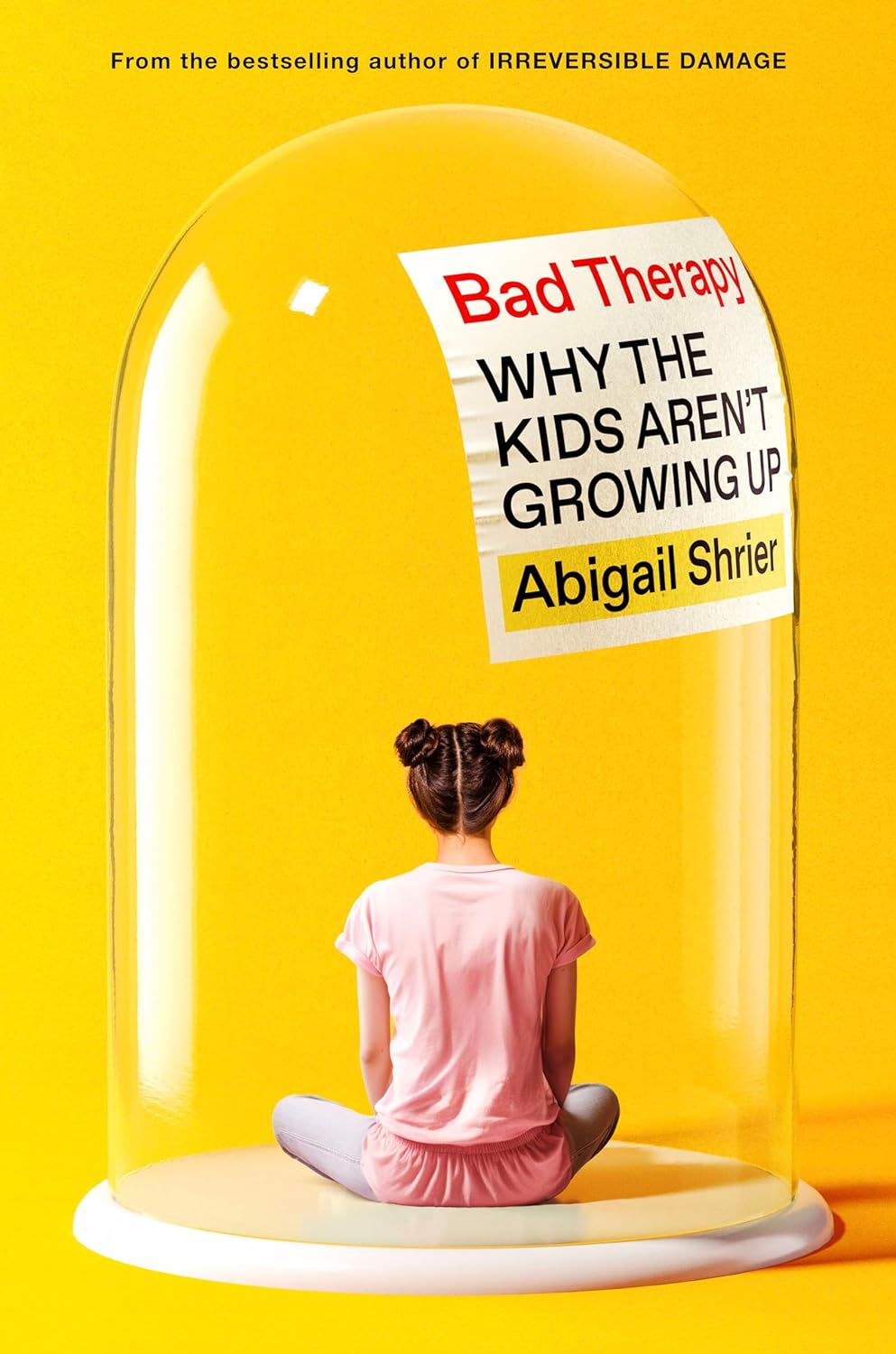
Learning
Education
Personal Development
Productivity
A Mind For Numbers Book Summary
Barbara Oakley
"A Mind for Numbers" by Barbara Oakley reveals the science-backed techniques and insights that can transform anyone's ability to excel in math, science and complex subjects by harnessing the brain's innate learning abilities.
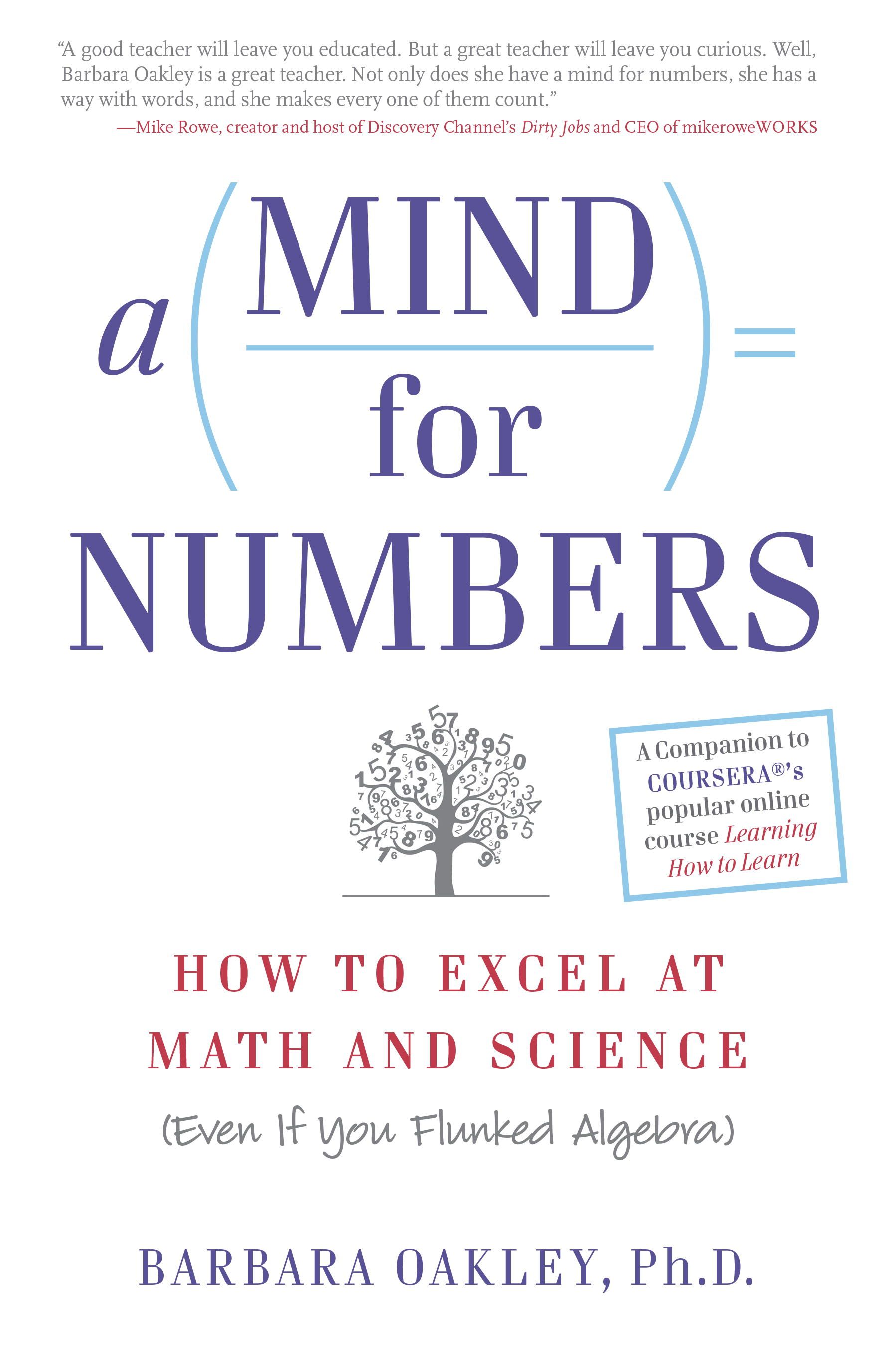
Learning
Education
Psychology
Personal Development
Mindset Book Summary
Carol Dweck
Mindset reveals the power of our beliefs to shape our lives, and shows how adopting a growth mindset - the belief that abilities can be developed through dedication and hard work - can help us achieve more than we ever thought possible in every area of life.
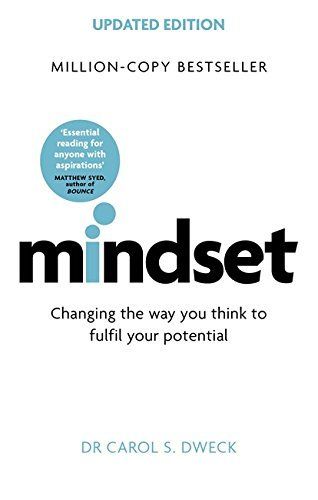
Psychology
Business
Personal Development
Think Again Book Summary
Adam Grant
Think Again is a compelling exploration of the power of knowing what you don't know, and how embracing the joy of being wrong and actively questioning your opinions can help you make better decisions
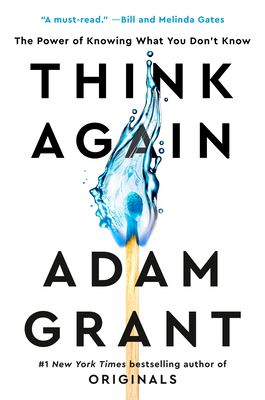
Learning
Education
Psychology
Productivity
Personal Development
Make It Stick Book Summary
Peter Brown, Henry Roediger, Mark McDaniel
Make It Stick offers powerful, evidence-based strategies for deeper, more durable learning - spacing, retrieval, interleaving, elaboration, generation, and reflection - that challenge conventional study habits and unlock our full learning potential.
